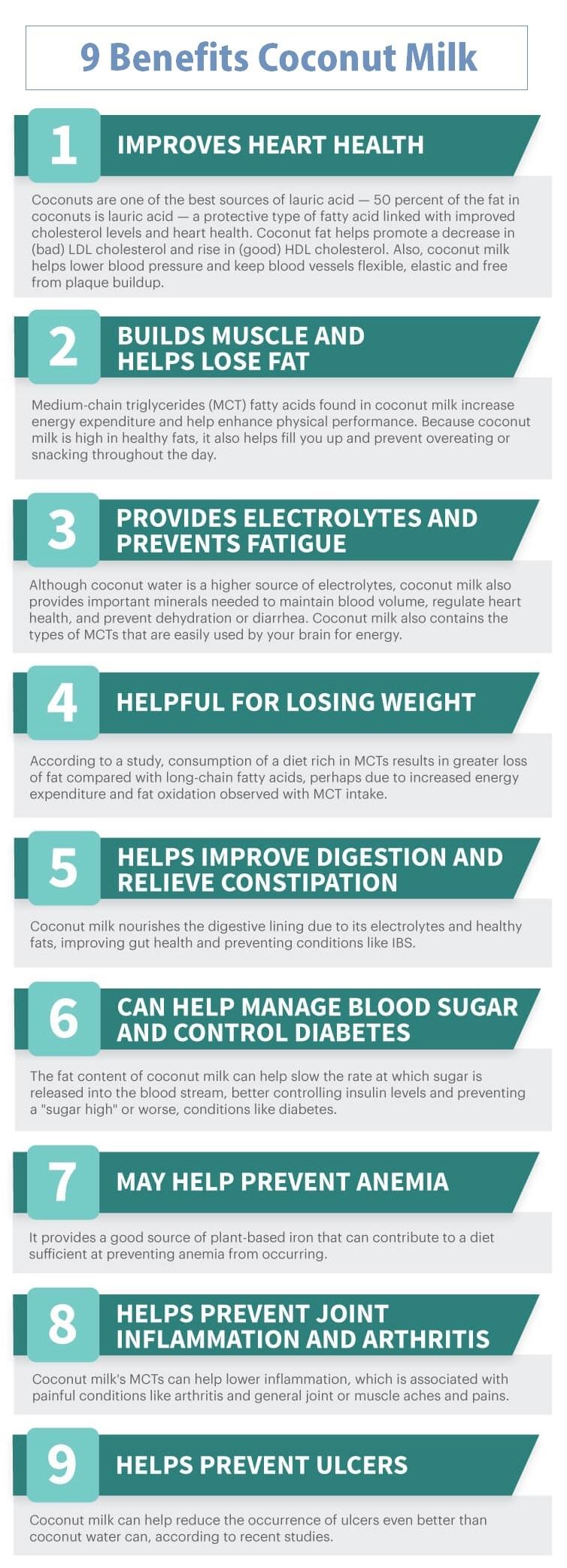Table of Content
Healthline has strict sourcing guidelines and relies on peer-reviewed studies, academic research institutions, and medical associations. You can learn more about how we ensure our content is accurate and current by reading our editorial policy. Members get updates like best products for seniors and senior discounts delivered right to their inbox for free. Hotel rooms are the most pet-friendly accommodations in Frankfurt with an average price of €219 per night. With Casamundo you can find rentals in Frankfurt starting at €48 - On average, you will stay in a 39 m² (Bed & Breakfast rentals) or a 54 m² . But don’t worry, we’re here to help you understand Medicare in 15 minutes or less.

As such, Medicaid is the single largest payer of nursing home stays in the U.S. Here’s a breakdown of what Medicaid covers in a nursing home as well as some of the additional amenities you may be charged for. For example, commonly an individual will enter a Medicare SNF following a hospitalization that qualifies him or her for a limited period of SNF services. If nursing home services are still required after the period of SNF coverage, the individual may pay privately, and use any long-term care insurance they may have.
What Does Medicaid Cover?
If you are sent to a skilled nursing facility for care after a three-day inpatient hospital stay, Medicare will pay the full cost for the first 20 days. For the next 100 days, Medicare covers most of the charges, but patients must pay $185.50 per day unless they have a supplemental insurance policy. With this option, a nursing home level of care is generally required, and without assistance, there is a risk of institutionalization. HCBS waivers generally provide more in-home benefits than do states’ regular Medicaid plans. Similar to regular health insurance, long-term care insurance has you pay a premium in exchange for financial assistance should you ever need long-term care.
Medicare covers the cost of skilled nursing care, rehabilitative services, a semi-private room and meals, plus any medical supplies needed for treating your prescribed condition. It does not cover the cost of custodial care like bathing, feeding, or dressing. Medicare Advantage plans don’t usually cover nursing home care that’s considered custodial care. A few exceptions exist, including if a person’s plan has a contract with a specific nursing home or organization that operates nursing homes. Medicare covers up to 100 days of care for each benefit period at a skilled nursing facility as long as you qualify for skilled care. The latter, in particular, helps expand Medicaid eligibility to individuals who are over the Medicaid income limit, but who have increased medical expenses that they need help paying for.
Where Nursing Facility Services Are Provided
Some policies may cover only nursing home care, while others may include coverage for a range of services, like adult day care, assisted living, medical equipment, and informal home care. Designed for low-income Americans who need a high level of care because of age or chronic illness, Nursing Home Medicaid covers 100% of the costs of nursing home care. Nursing Home Medicaid is available in every state and is classified as an entitlement, which means anyone who is eligible must be covered. Determine your or your loved one’s specific eligibility criteria here.
The care is usually meant to be temporary, with patients returning home once they are able. Qualifications for covered nursing home care vary by state, though. Unlike Medicare, which is managed federally, Medicaid is managed by the states and based on income.
Talk to a Licensed Insurance Agent
People known as dual-eligibles meet federal qualifications for Medicare and their state’s qualifications for Medicaid. If you are looking at long-term nursing care, the costs can add up very quickly. So, what happens when you no longer have the means to pay for your nursing home costs? Services can vary, but may include help to go to the bathroom, assistance getting medications, and meal services. Medicare doesn’t pay for long-term nursing home stays, but you might qualify for some long-term coverage based on your Medicaid coverage. Part B, or Medical Insurance, covers most diagnostic and treatment services and outpatient hospital services such as an emergency room stay or X-rays.

Healthline Media does not transact the business of insurance in any manner and is not licensed as an insurance company or producer in any U.S. jurisdiction. Healthline Media does not recommend or endorse any third parties that may transact the business of insurance. Nursing home care is expensive — these costs include care for increasingly sicker patients, employee shortages, and greater regulations that increase expenses all account for rising costs. Nursing home care often allows a person to live independently without having to engage in home maintenance activities, like mowing the lawn or upkeep on a home.
You're on your way to finding a Medicare Supplement plan!
To avoid complications with payment and coverage, I’d recommend checking with your nursing home facility to see if they are a Medicaid-certified nursing facility. Although Original Medicare doesn’t generally pick up the cost of nursing homes, Part A might be able to help offset some costs. Medicare Part A typically covers skilled nursing facility care or nursing home care — with the exception that it’s neither custodial nor long-term.
If Medicaid finds money was transferred within the past five years, a penalty period is imposed, delaying the onset of Medicaid coverage. Exceptions may include if you purchase a Medicare Advantage plan with a specific agreement with a nursing home. Again, these are often the exception, not the rule, and available options vary geographically. Medicare usually only covers short-term skilled nursing care in a nursing home. Keep reading for a breakdown of what Medicare may cover related to nursing homes. Be aware that one physical facility may provide skilled nursing care, intermediate care, and custodial care under one roof; the difference is in the level of staffing and the staff skill levels.
Furthering the complexity is that the financial requirements change based on the marital status of the Medicaid beneficiary / applicant. For those who are eligible, Medicaid will pay for the complete cost of nursing home care, including room and board. Medicaid will pay for nursing home care on an ongoing, long term basis for however long that level of care is required, even if it is required for the remainder of one’s life. Medicaid is a joint federal-state program that provides health insurance coverage to low-income children, seniors, and people with disabilities.
The “personal needs allowance,” or PNA in most states is between $50 and $200 per month. This website provides a free, fast and non-binding Medicaid eligibility test for seniors. Health insurance is a type of contract in which a company agrees to pay some of a consumer's medical expenses in return for payment of a monthly premium.

No comments:
Post a Comment